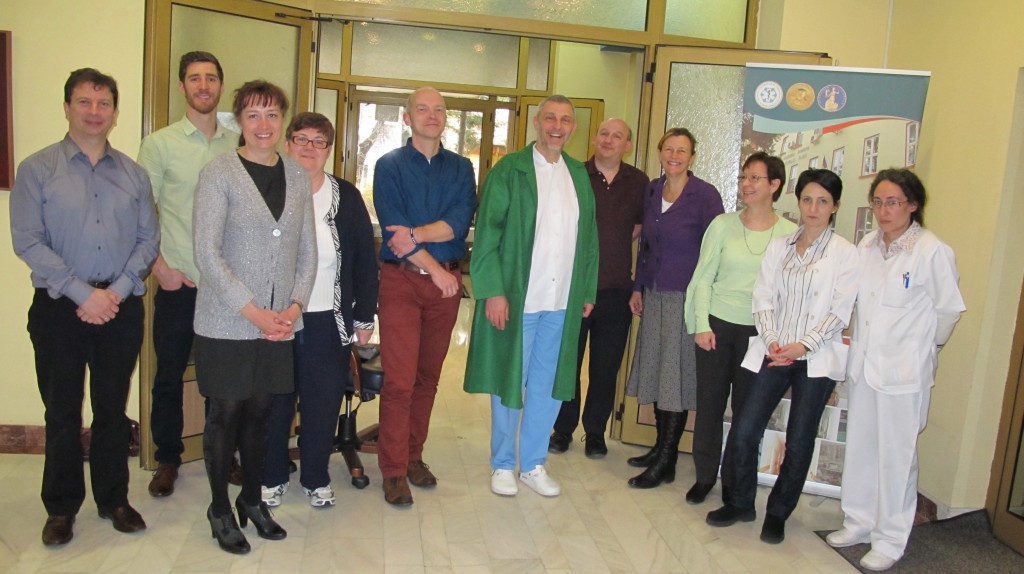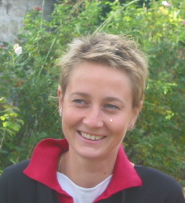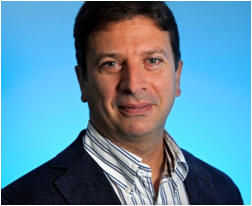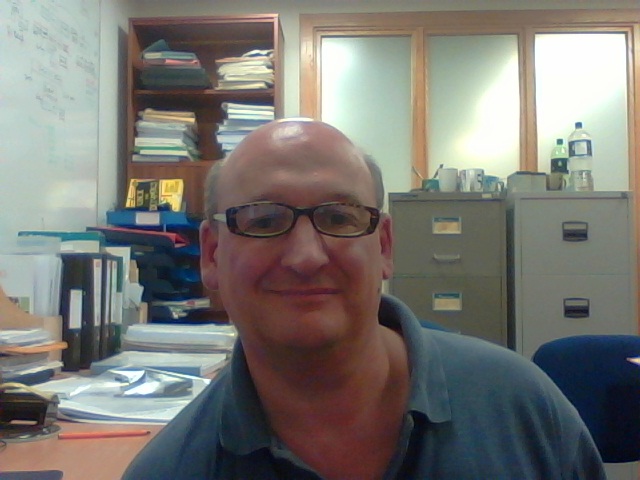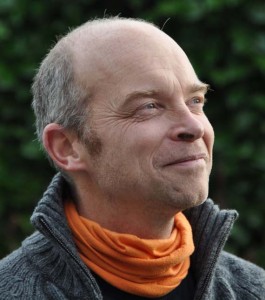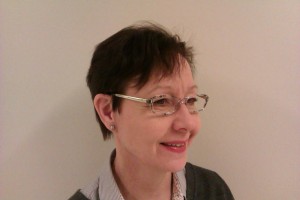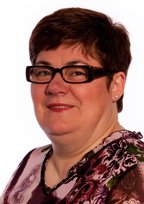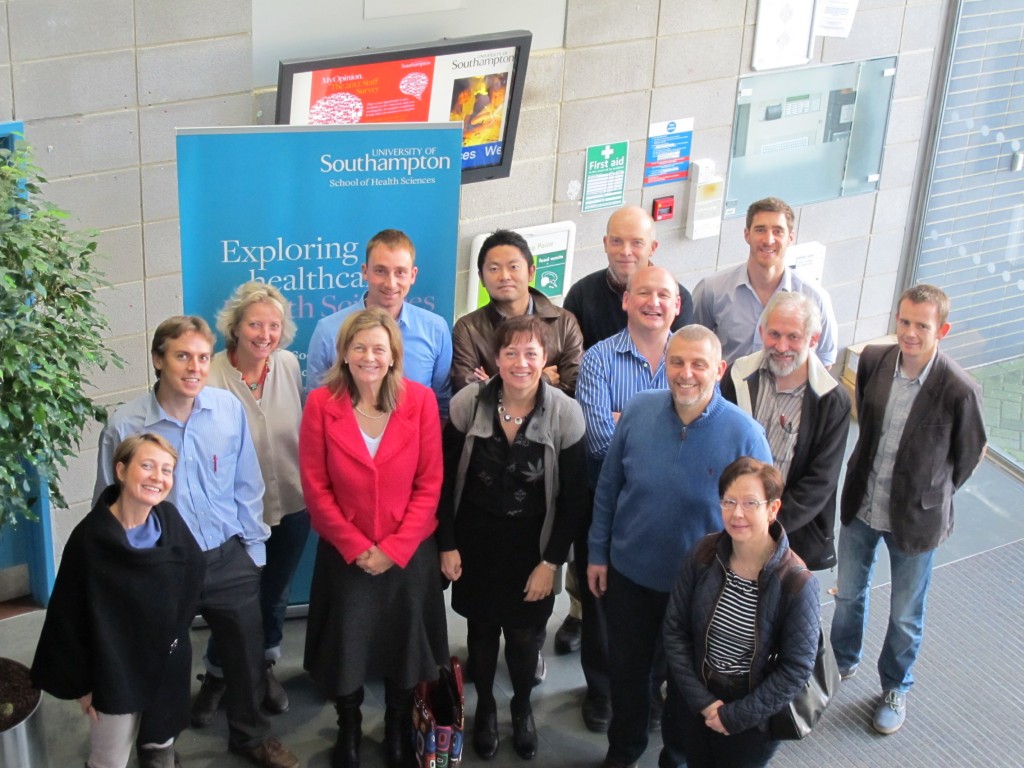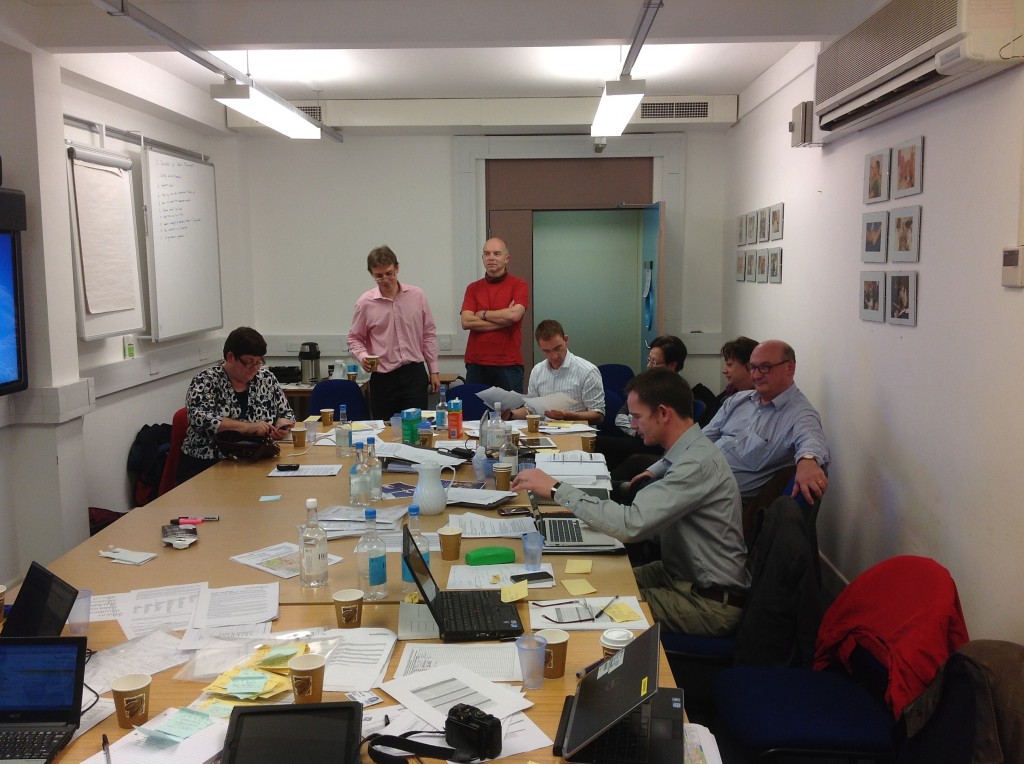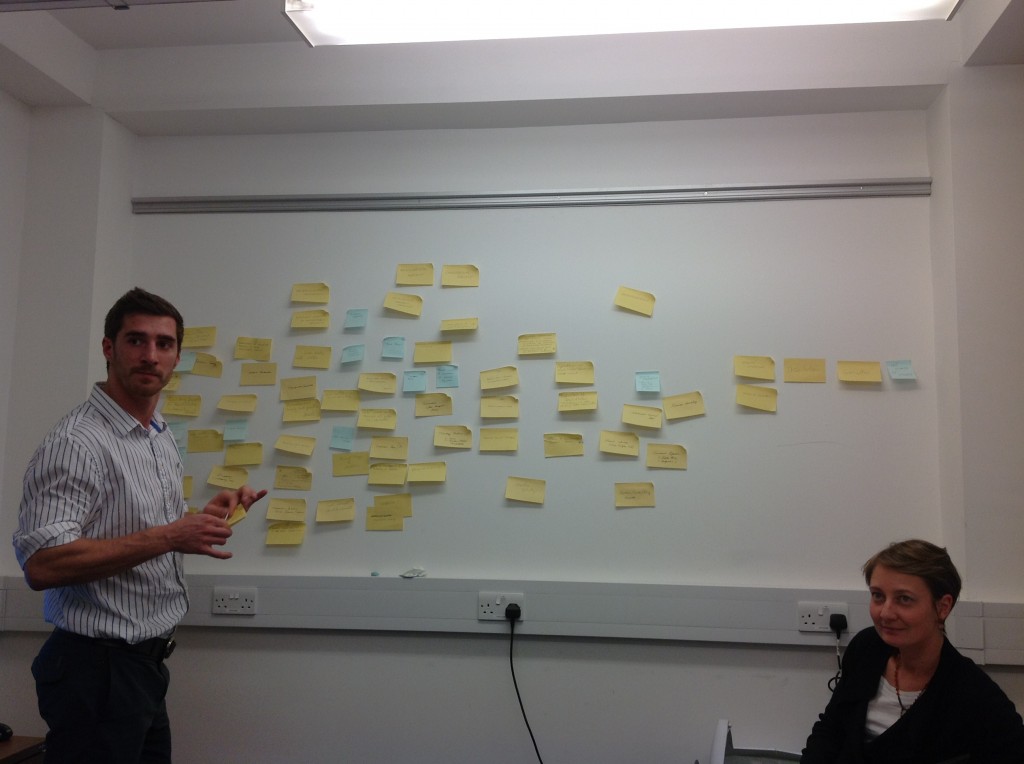The project’s most recent meeting at the end of September 2013 saw the team gather in the beautiful lake district of Jyvaskyla, Finland. Hosted by Professor Ina Tarkka at the University of Jyvaskyla, the teams agenda was extremely busy over the 2 day meeting. Having recently received the results from the online questionnaire, the team were eager to sift through all the data and the input from our 5 key stakeholder groups. Overall, the questionnaire collected just under 500 responses, and the results were very encouraging for the ongoing development of the MSc. More information concerning the results of the online questionnaire will be released very soon.
Building upon the most recent meeting in Maastricht and the results from the online questionnaire, the team focussed on the development of the curriculum for the MSc. Programme competences were matched against the programmes modules and discussions were held between partners on the suitable learning/teaching approaches that would be taken for the programme. Partners split into various working groups as Professor Panos Markopoulos from Eindhoven University of Technology led the curriculum and delivery alignment workshop (see pictures below).
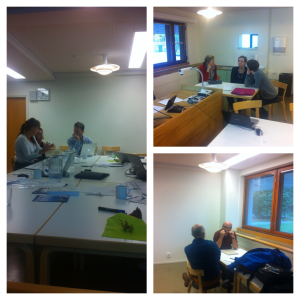 Overall, the meeting was very productive and the work produced has opened some exciting prospects for the coming year of the project.
Overall, the meeting was very productive and the work produced has opened some exciting prospects for the coming year of the project.




